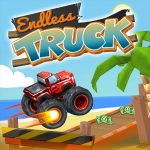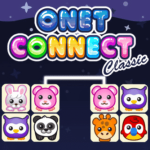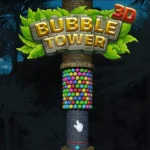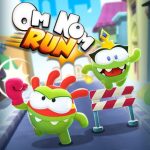Mouthwashing: The Most Horrifying Game of 2024
Game News PlayArcade 22 Nov , 2024 0
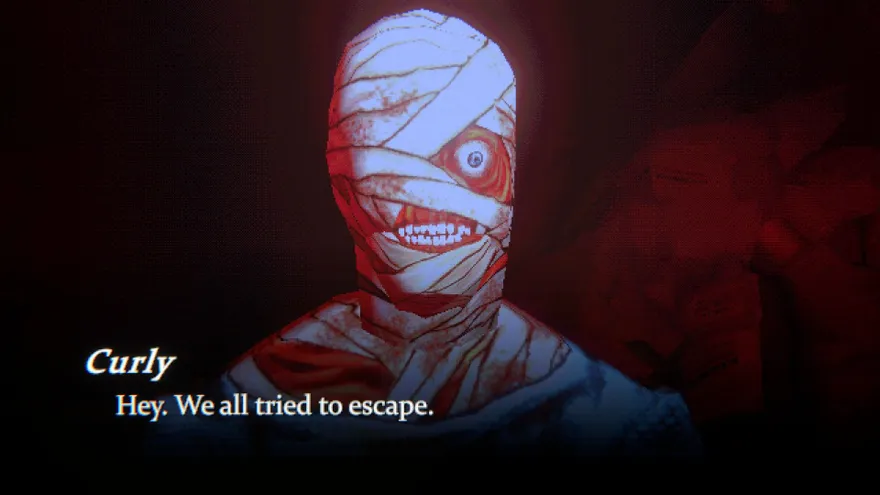
Mouthwashing: The Most Horrifying Game of 2024
In 2015, a tragic flight by Germanwings resulted in the loss of 144 passengers and six crew members when it crashed into a mountain in the French Alps. Investigations revealed that the crash was intentional—someone in the cockpit had deliberately crashed the plane in a horrific act of suicide. Mouthwashing begins with a similar premise, but reimagined in a sci-fi setting. You are piloting a spaceship with a crew of five, and your mission is to override safety controls and steer the ship toward a nearby asteroid. The chilling words that flash on the screen before this sequence read: “I hope this hurts.”
Ed has already reviewed this first-person sci-fi horror without revealing key plot points, so if you’re unfamiliar with Mouthwashing, I recommend starting there. My focus will be on the characters and story, as the game’s true horror lies in the dialogue, body language, and the claustrophobic ambiance of the ship, the Tulpar.
To summarize: the ship has crashed. The captain, Curly, is incapacitated, his face a grotesque tableau of blood and injury, unable to communicate. You play as Jimmy, the co-pilot who assumes control of the remaining crew: the gruff engineer Swansea, the optimistic intern Daisuke, and the anxious nurse Anya. Tensions escalate among the survivors, leading them to open the cargo hold against company policy, hoping to find supplies for their rescue.
Inside the cargo hold, they discover millions of bottles of mouthwash.
The developers explained in a Steam post, “Mouthwash was the first idea… It just has that vibe of being the worst and most absurd option.” The uniformity of the bottles adds to the bleakness of their situation, highlighting the existential horror of being reduced to mere hygiene products. The label claiming “Kills 99.9% of all germs” feels painfully ironic.
From this point, the narrative alternates between post-crash and pre-crash scenes, revealing the crew’s dynamics and underlying dread. The PS1-era visuals and haunting soundtrack create an atmosphere of unease, punctuated by moments when distorted text fills the screen, demanding “TAKE RESPONSIBILITY” from the player.
The humor woven into the grim exploration of the ship contrasts sharply with its horror. Swansea’s antics with mouthwash and the absurdity of crafting a birthday cake in a sci-fi kitchen provide comedic relief. However, it is the birthday party scene that showcases the game’s narrative strength through its shifting perspectives. Players alternate between post-crash Jimmy and pre-crash Curly, offering insight into the captain’s descent from mild dissatisfaction to self-destructive behavior.
As the story unfolds, it becomes clear that Jimmy intentionally crashed the ship. Curly, trying to prevent the disaster, becomes a victim of his own cockpit. Jimmy deflects blame onto Curly, assuming command and feeding the injured captain painkillers to silence his suffering. This twisted power dynamic reveals Jimmy’s desire for authority, alongside the unsettling presence of a corporate mascot, Pony Express, whose voice serves as a constant reminder of the horror lurking beneath the surface.
The recurring motif of horses adds another layer of unease. The grotesque monsters that hunt the player resemble twisted equine forms, and the ship itself, the Tulpar, is named after a winged horse from Turkic mythology. Jimmy’s inappropriate jokes about cartoon horses hint at deeper psychological issues, particularly in his interactions with Anya, whose discomfort around him is palpable.
The narrative’s disjointed structure reveals the crew’s tragic fates. Anya, pregnant and trapped with her assailant, ultimately takes her own life by overdosing on painkillers. This act triggers a cascade of violence and chaos, culminating in the deaths of Daisuke and Swansea. Throughout these events, Jimmy’s descent into madness becomes increasingly surreal, with the weight of his actions bearing down on the player.
Comparing Mouthwashing to Silent Hill 2 offers a fascinating perspective. Both games explore guilt and shame, but while James Sunderland confronts his demons, Jimmy remains in denial. He fulfills practical responsibilities but avoids emotional accountability for his actions. The game obscures Anya’s death with a blur of pixels, illustrating Jimmy’s refusal to confront the consequences of his behavior.
Curly’s disfigurement takes on new significance as the story progresses. His eye, once a symbol of helplessness, transforms into a judgmental gaze, watching Jimmy navigate the wreckage of his own psyche. In the climax, Jimmy places Curly in a cryostasis pod and contemplates suicide, believing this act makes him a hero. Anya’s hopeful words echo in his mind, but the Pony Express mascot’s presence serves as a reminder of the truth he cannot face.
Mouthwashing presents a chilling question: Are we defined by our worst actions? The game channels the horror not just of panic and helplessness, but of legacy and perpetration. The case of the Germanwings flight serves as a haunting backdrop, reminding us that the consequences of our actions are often far-reaching and devastating.
In the end, Mouthwashing is a disturbing exploration of guilt, trauma, and the human psyche, challenging players to grapple with the darkest aspects of their choices.
















